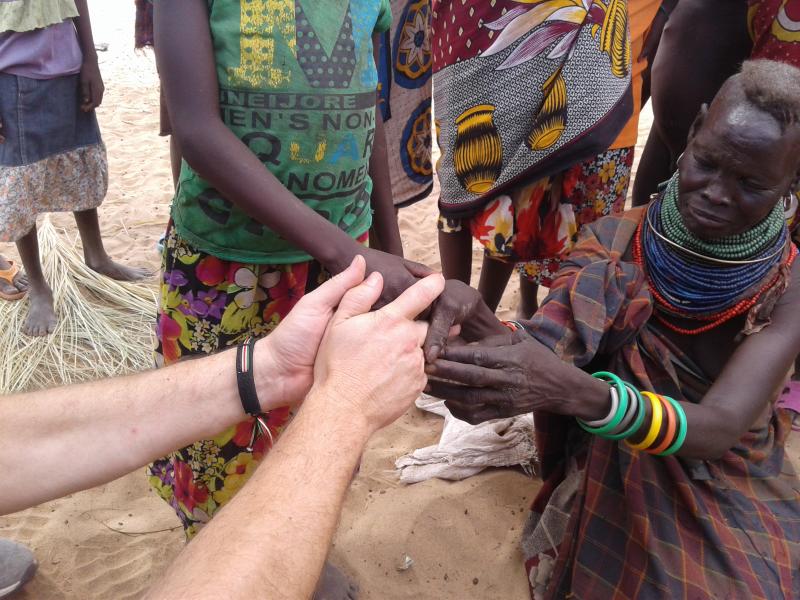×
The Standard e-Paper
Join Thousands Daily

From the moment he started Nappet Tours and Travel, Thomas Agutu knew his company was going to offer tourists more beyond just their sojourns in Kenya. He, therefore, established a mission tours and travel company that offers purpose-inspired safaris.He narrates how travelling with missionaries has helped him see the world differently.